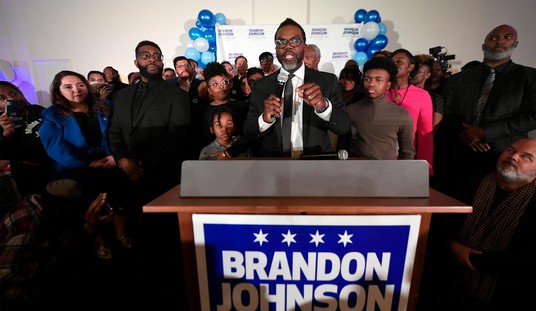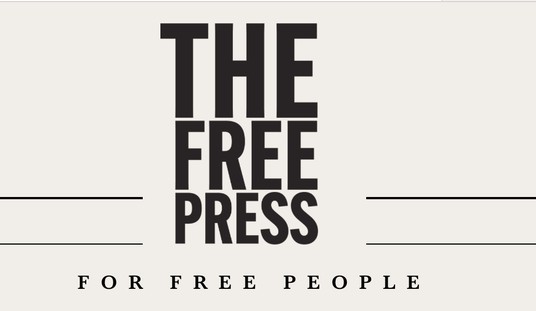If you’re spoiling for a budget fight during the presidential election, you’re out of luck. The House quietly passed a six-month extension to the current year’s spending, taking the budget battle into next year, with a new Congress and perhaps a new President left to deal with it. The vote was overwhelmingly bipartisan, and included support from Republican VP nominee Paul Ryan:
The U.S. House of Representatives has approved a six-month stopgap government funding bill on a 329 to 91 vote, putting aside the partisan warfare of the past 18 months in bipartisan resolve to avoid a budget showdown ahead of the November election.
The Senate is expected to pass the same measure late next week, providing funding for agencies for the first six months of the fiscal year and avoiding any threat of a government shutdown when the year ends Sept. 30.
The drama with Thursday’s vote came less from the outcome of the vote than from the appearance of Republican vice presidential candidate Paul Ryan, who chairs the House Budget Committee and came to the Capitol to cast a vote in favor of the measure.
His vote was intended to send a message to members of the raucous GOP freshman caucus that they should also sign off on a measure that will set a $1.047 trillion funding level for the first half of the year, the same figure enshrined in the deal to raise the nation’s debt ceiling last summer.
If you’re wondering whether this solves the “fiscal cliff,” well, let’s just say that we’re still left with a cliffhanger. On a party-line vote, the House passed a separate measure to demand a plan from Obama on how to avoid the defense cuts of the sequestration, which will go nowhere in the Senate. All of the other fiscal-cliff issues went entirely unaddressed, leaving them until after the November election for resolution by a lame-duck Congress.
Bloomberg’s editors cry foul, and wonders where the outrage is over another debt-ceiling hike:
Without muss or fuss, Congress just voted overwhelmingly to keep the federal spigot open for six more months. There were no shouting matches, no threats of a government shutdown, no hostage-takings. Even some Tea Party lawmakers approved the $1.047 trillion measure.
Contrast the smooth legislative action with the lunacy of last year’s debt-ceiling debate, when the U.S. came within days of defaulting on its IOUs. Standard & Poor’s downgraded the government’s credit rating. The recovery went into reverse as consumers delayed purchases and businesses hunkered down.
Much as we dislike recalling that madness, it’s worth looking back if only because it now seems so manufactured — or worse, economically reckless. If last summer’s fight was necessary to save the country from fiscal wrack and ruin, why is this fall’s continuing resolution, as the measure is called, not a threat to Western civilization? It even adds another $8 billion to the deficit and exceeds the House Republicans’ budget blueprint by $19 billion.
What about that debt-ceiling fight? Bloomberg says this deal exposes it as just a political machination:
A year ago, Republicans cast the debt-ceiling fight as a principled economic response to unsustainable borrowing and the only way to avoid a Greek-like comeuppance at the hands of the bond market. In offering his budget in March, Representative Paul Ryan, now the party’s vice-presidential nominee, said government debt “continues to rise at a frightening pace, raising fears that a similar crisis may happen here.”
So can we assume that Republicans have now fixed the country’s debt problem? Not at all. In many ways, they did the opposite.
While this criticism is not entirely unfair, it also ignores some realities. The same players are in place this year as last. Would a fight now result in a breakthrough on spending, or would it increase uncertainty as Taxmageddon approaches? Deficit and debt hawks had a better chance at winning a fight in a non-election year, and they still only have influence on one of the three loci of power in Washington; Democrats control the White House and Senate.
This fight will take more than a couple of months to hash out, and punting it into next year at least sets the stage for Congress to rationally address the upcoming fiscal cliff after the election. Is that an optimal solution? Hardly, but it doesn’t appear that there would be any other path to resolving the short-term issues without making the long-term issues even worse.







Join the conversation as a VIP Member